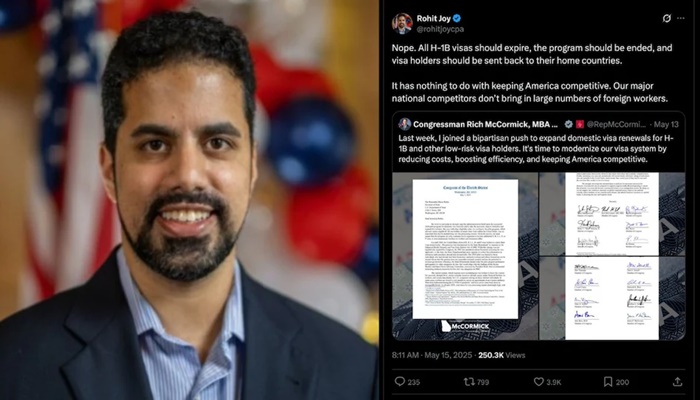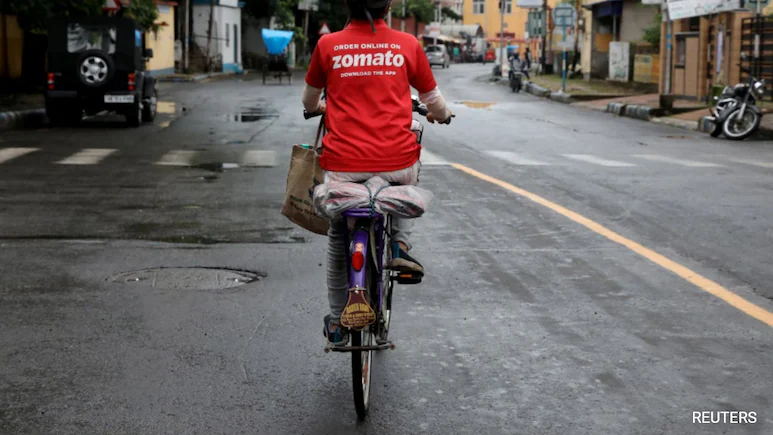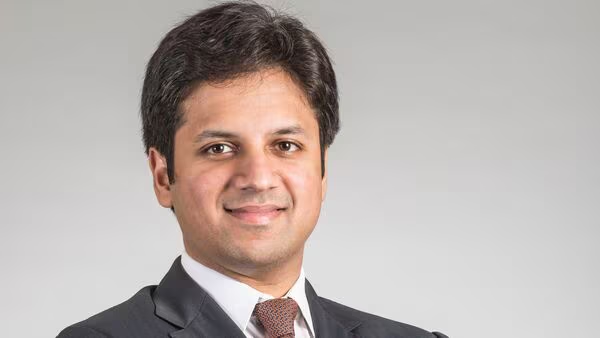The employee does not acquire a vested right to being considered for promotion in accordance with the repealed rules in view of the policy decision taken by the Government,” held the Jammu and Kashmir and Ladakh High Court, while dismissing a plea seeking promotion under old recruitment rules.
“The employee does not acquire any vested right to being considered for promotion in accordance with the repealed rules in view of the policy decision taken by the Government. There is no obligation for the Government to make appointments as per the old rules in the event of restructuring of the cadre is intended for efficient working of the unit.61 The only requirement is that the policy decisions of the Government must be fair and reasonable and must be justified on the touchstone of Article 14”
Justice Dhar made these significant observations while deciding two clubbed writ petitions filed by Sanjeev Gupta, a Private Secretary at the Central University of Jammu.
Background:
The petitioner was appointed as Private Secretary on 3rd June 2014. On 12th July 2019, the Central University of Jammu issued a notification inviting applications from eligible internal employees, including the petitioner, for promotional posts such as Assistant Registrar. The promotion criteria were governed by the Cadre Recruitment Rules of 2016 (CRR 2016), which required five years of service in the feeder cadre and assessments based on service record, written and skill tests, APARs, and seniority.
The petitioner, having completed the required service, appeared for the written test held in 2019. While skill tests for Group B and C posts were held in November 2019, no such test was conducted for Group A posts, including Assistant Registrar. Despite repeated representations by the petitioner, the process was not concluded.
Meanwhile, the Executive Council in December 2019 resolved that departmental promotions would be qualifying in nature and based on inter se seniority, yet no final promotions were made. Without concluding this earlier process, the University issued a new notification in August 2023 under the revised Cadre Recruitment Rules of 2022 (CRR 2022), changing the promotion criteria to merit-based written tests. This notification was later superseded by another dated 3rd December 2024.
Challenging both notifications, the petitioner contended that since the vacancy arose in 2019, promotions ought to be made as per CRR 2016 and not under the amended 2022 rules.
Observations of the Court:
Justice Dhar first noted that the writ petition against the 2023 notification had become infructuous due to its withdrawal, and only the 2024 notification remained under challenge.
On merits, the Court held that merely participating in an unfinalized promotion process does not confer a vested right. The promotion process initiated in 2019 had not culminated into a select list or appointment. Relying on Supreme Court rulings including State of Madhya Pradesh v. Raghubir Singh and Deepak Aggarwal v. State of U.P., the Court observed:
“A candidate has the right to be considered for promotion under the rules in force at the time of consideration, and if those rules are amended before finalization, no accrued or vested right is taken away.”
The University, the Court held, had sufficiently justified its reasons for discontinuing the earlier process namely, the onset of COVID-19, expiry of the Vice-Chancellor’s tenure, and lack of delegation of promotion powers. Furthermore, once the University Grants Commission prescribed new model recruitment rules, the Executive Council adopted them, necessitating a fresh process under CRR 2022, the court opined.
Addressing the petitioner’s reliance on the Supreme Court’s earlier ruling in Y.V. Rangaiah v. J. Sreenivasa Rao, which held that promotions must follow rules prevailing at the time of vacancy, Justice Dhar cited the Constitution Bench judgment in Raj Kumar‘s case (2023) which explicitly overruled the broad proposition in Rangaiah, holding,
“The employee does not acquire any vested right to being considered for promotion in accordance with the repealed rules in view of the policy decision taken by the Government.”
The Bench emphasized that promotions must be made according to the rules prevailing at the time of consideration and not at the time the vacancy arose.
The Court also dismissed reliance on the DoPT Office Memorandum of 1986, stating that it lacked statutory force and merely guided departments to prepare annual promotion panels. It added,
“The aforesaid Office Memorandum has been issued prior to the judgment delivered by the Supreme Court in Raj Kumar’s case (supra), as such, the observation made in the OM that the Supreme Court has ruled that the vacancies should be filled up according to the rules in force when the vacancies arose no longer represents the correct position of law”
Holding that the 2022 rules governed the promotion process and that the University’s actions were neither arbitrary nor mala fide, the High Court dismissed the petitions terming them as devoid of any merit.




















